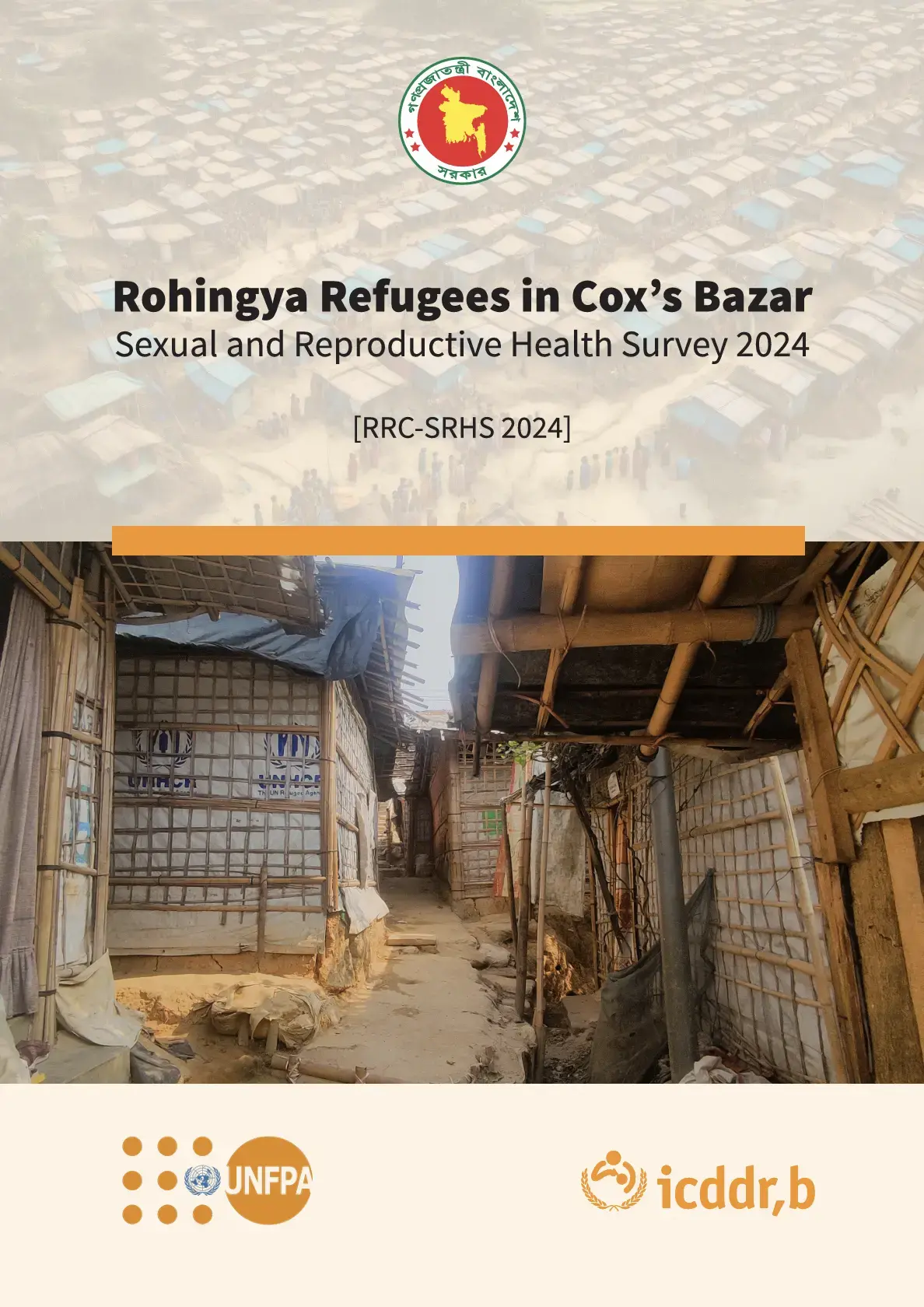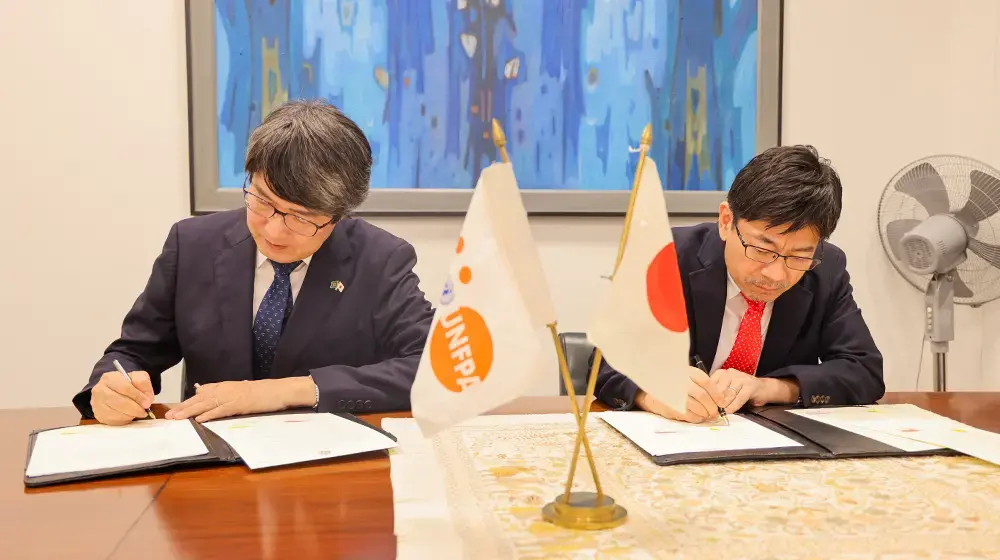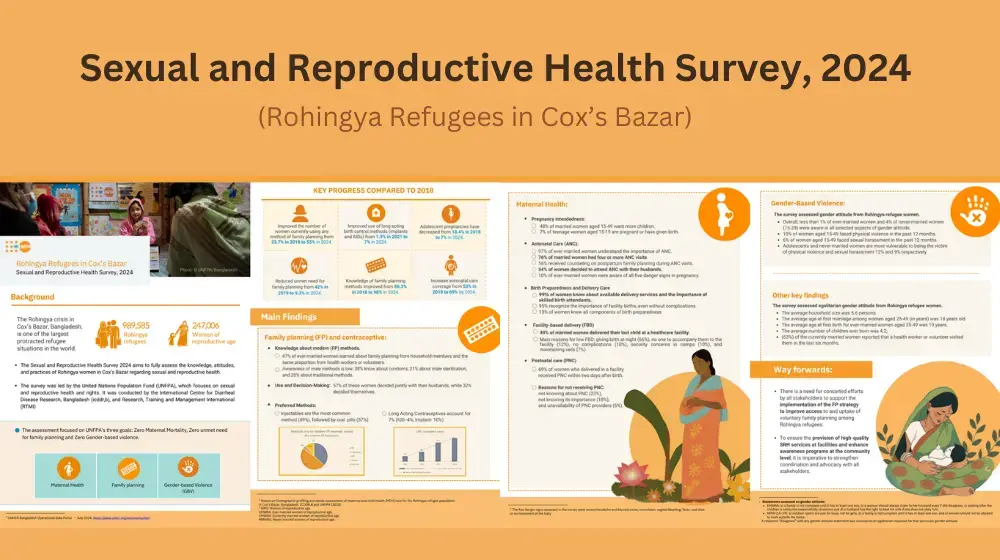DHAKA – UNFPA Executive Director Dr. Babatunde Osotimehin pledged that the Fund will work to raise $70 million to support the country's next five-year (2012-16) plan to improve maternal and reproductive health and tackle violence against women. He made the announcement at a press conference on Sunday, the last day of his mission to Bangladesh. For its last five-year programme, the UNFPA funding was around $40 million.
At the press conference, he commended Bangladesh's commitment to health and poverty reduction."Healthy and educated people are human capital that helps nations fight poverty and promote development," he told reporters. "Leaders should help them invest their energies in their nations' progress."
Dr. Osotimehin also called violence against women a major concern. "I appeal to all men to ' Man Up ' and help end violence against our sisters and daughters." He said that UNFPA will continue working with the Ministry of Women and Children’s Affairs to curb violence and build model support centres to protect and rehabilitate survivors of violence.
Accelerating progress in maternal, child and newborn health
Earlier in the week, UNFPA Executive Director Dr. Babatunde Osotimehin met with and complimented Bangladesh Prime Minister Sheikh Hasina and her government for their staunch commitment to maternal and child health in meetings here last week.
"Bangladesh has made remarkable progress in realizing the health-related MDGs," he noted.
Bangladesh is one of eight countries that is intensifying its efforts to improve maternal, newborn and child health as part of the Every Woman, Every Child campaign. In the last 35 years, fertility rates have dropped from 6.3 children per woman to about 2.5. The country has reduced its maternal mortality rate by 61 per cent since 1990, putting it on track to meet the MDG target. Still, there is considerable room for improvement, the Executive Director said, while commending the country's commitment.
Following through on commitments
At the launch of the campaign last year at the UN General Assembly, Prime Minister Sheikh Hasina made strong and specific commitments including:
- doubling the percentage of births attended by a skilled health worker by training an additional 3000 midwives (until recently, there was no cadre of trained midwives in the country)
- staffing all 427 sub-district health centres to provide round-the-clock midwifery services
- upgrading all 59 district hospitals and 70 Mother and Child Welfare Centres as centres of excellence for emergency obstetric care services
- reducing the rate of adolescent pregnancies through social mobilization
- enacting legislation to end child marriage
- providing adolescent friendly sexual and reproductive health services
- halving the unmet need for family planning (from the current level of 18 per cent) by 2015
UNFPA is helping the government to achieve these goals and improve maternal health by identifying gaps in service and prioritizing interventions and supporting a three-year midwifery degree programme (with a focus on students who will work in underserved rural areas) and a six-month specialized training for nurses. It is also working with national institutions to strengthen monitoring and evaluation of its programmes.
Visits to health programmes in Manikanj
On 18 August the Executive Director travelled to Manikanj District, 70 kilometres west of Dhaka, accompanied by the Minister of Health and Family Welfare, Dr. A. F. M. Ruhal Haque. Dr. Osotimehin spoke with health workers and patients at several facilities that provide safe deliveries, family planning and other reproductive health services.
Child marriage and early pregnancy are significant contributors to maternal mortality and urgent human rights concerns, he said, noting the urgency of implementing the legal age of marriage and providing adolescent-friendly reproductive health services.
Outside a rural community clinic in Pukuria village, he observed a “courtyard meeting”, where local women were instructed about staying healthy during pregnancy. At the Shivaloy sub-district hospital, newly trained community skilled birth attendants demonstrated a training exercise simulating a prenatal home visit.
The next day, Dr. Osotimehin visited the Dhaka Medical Collage Hospital Obstetric Fistula Centre and met patients awaiting surgery to repair internal injuries sustained during childbirth. UNFPA supports programmes that range from surgery and rehabilitation to economic and social reintegration after survivors are cured.




